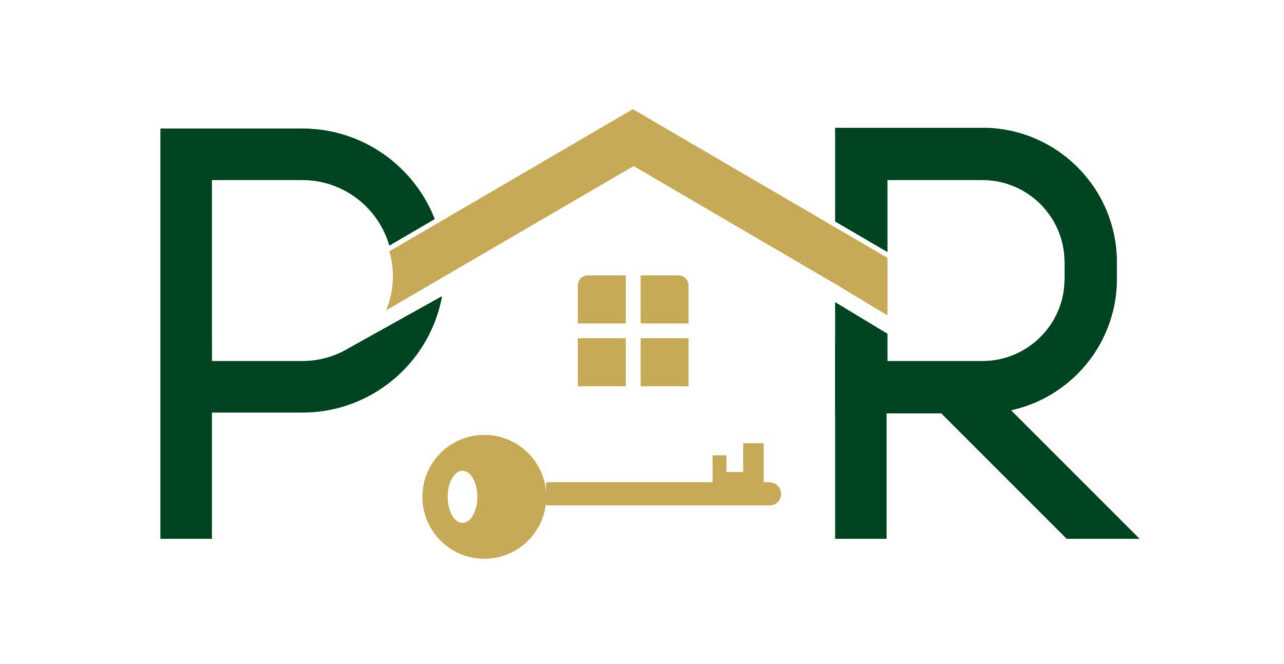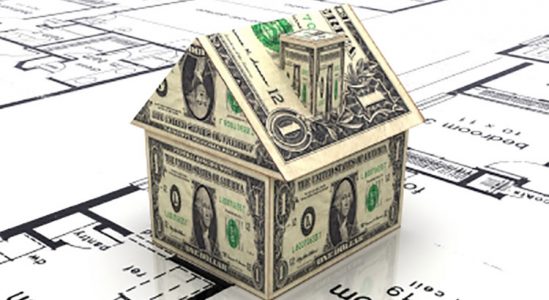Buyers and sellers have to pay closing costs associated with the transaction. It’s important to estimate the costs that each person must pay before placing the property on the market. This also allows the seller to determine what the net income for the sale of the property should be.
The most common closing costs for the seller are:
1. Remaining Mortgage Balance(s) The remaining loan balance, the second mortgage balance, and home equity lines of credit, if any.
2. Loan Installments The administrative fee charged by the bank or mortgage company to pay off the loan.
3. Debt Money This money can be owed to contractors and/or due to judicial rulings or property taxes. These amounts must be paid before the closing takes place.
4. Prepayment Penalties Some mortgage loans have penalties included in their terms for early re-payment.
5. Recording Fee This is usually charged by the county. These are fees related to the registration, or recording, of the sale of the property so that it becomes a matter of public record. The recording fee varies from county to county.
6. Commission Fees These are paid to the real estate brokers involved in the transaction. This commission is usually 6% of the sales price and must be paid in full by the seller.
7. Notary Fees The fees charged by the notary public for verifying the identity of the signatories.
8. Title Company Fees Payment to the entity responsible for the custody of money. Title companies or real estate lawyers receive the money from the lender, pay all costs, collect deposits, and distribute the proceeds between the mortgagee and the owner/seller of the property.
9. Seller Concessions Amount of money seller will, sometimes, contribute to helping the buyer with his or her closing costs.
10. Home Repairs Work the seller must complete before closing the sale because the buyer and seller agreed to this during the contract negotiation.
How to Estimate Closing Costs
For practical purposes, the closing costs for the seller can be estimated as follows:
· (+/-)1.5% of the sales price
· Property taxes accrued to date
· Mortgages and/or home equity credit lines that exist on the property
· Commissions (generally 6% of the sales price)Over the last several years, many “baby boomers” have undergone a metamorphosis. Their children have finally moved out and they can now dream about their own future. For many, a change in lifestyle might necessitate a change in the type of home they live in.Bottom Line
If you’re thinking of selling, let’s connect and determine if now is a great time for you to list your house and how we can help in selling it for th emost money in the fasted time possible.


